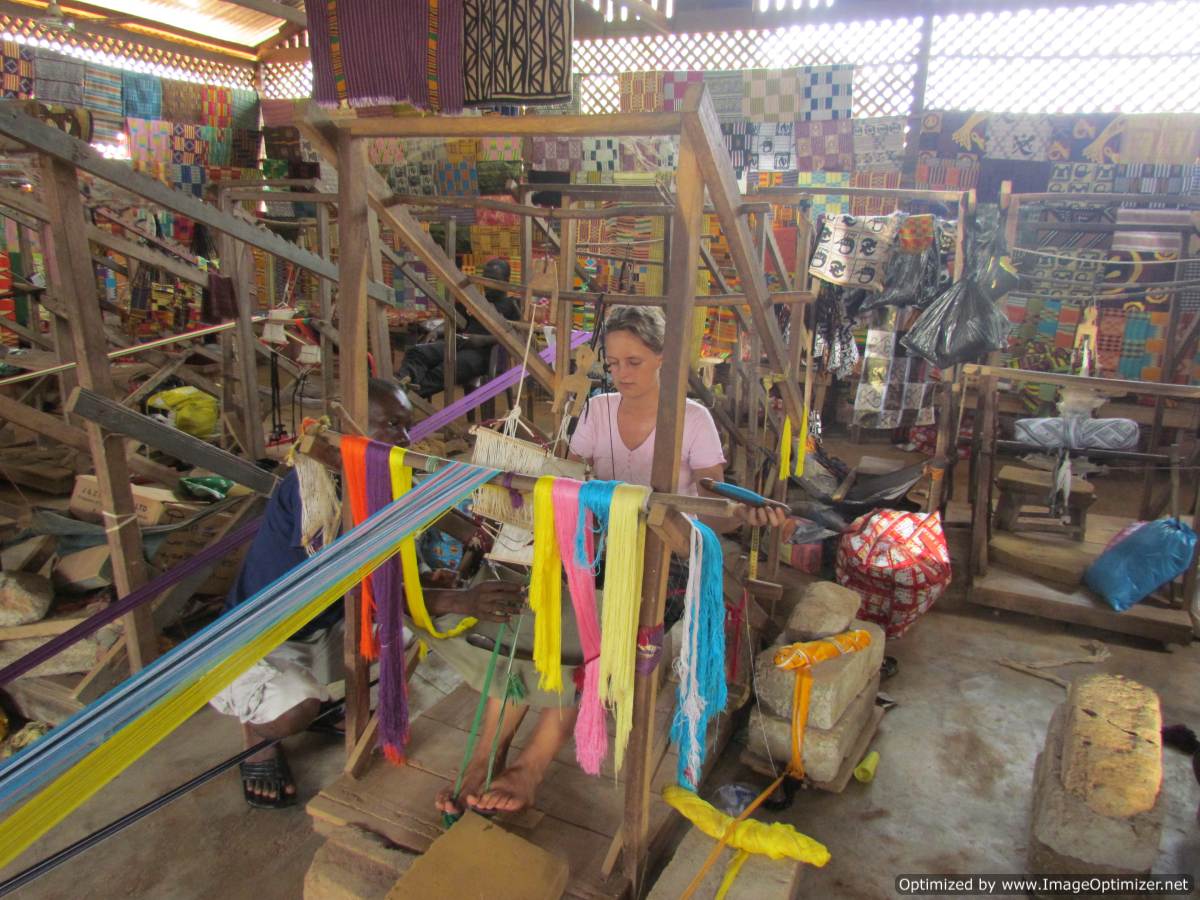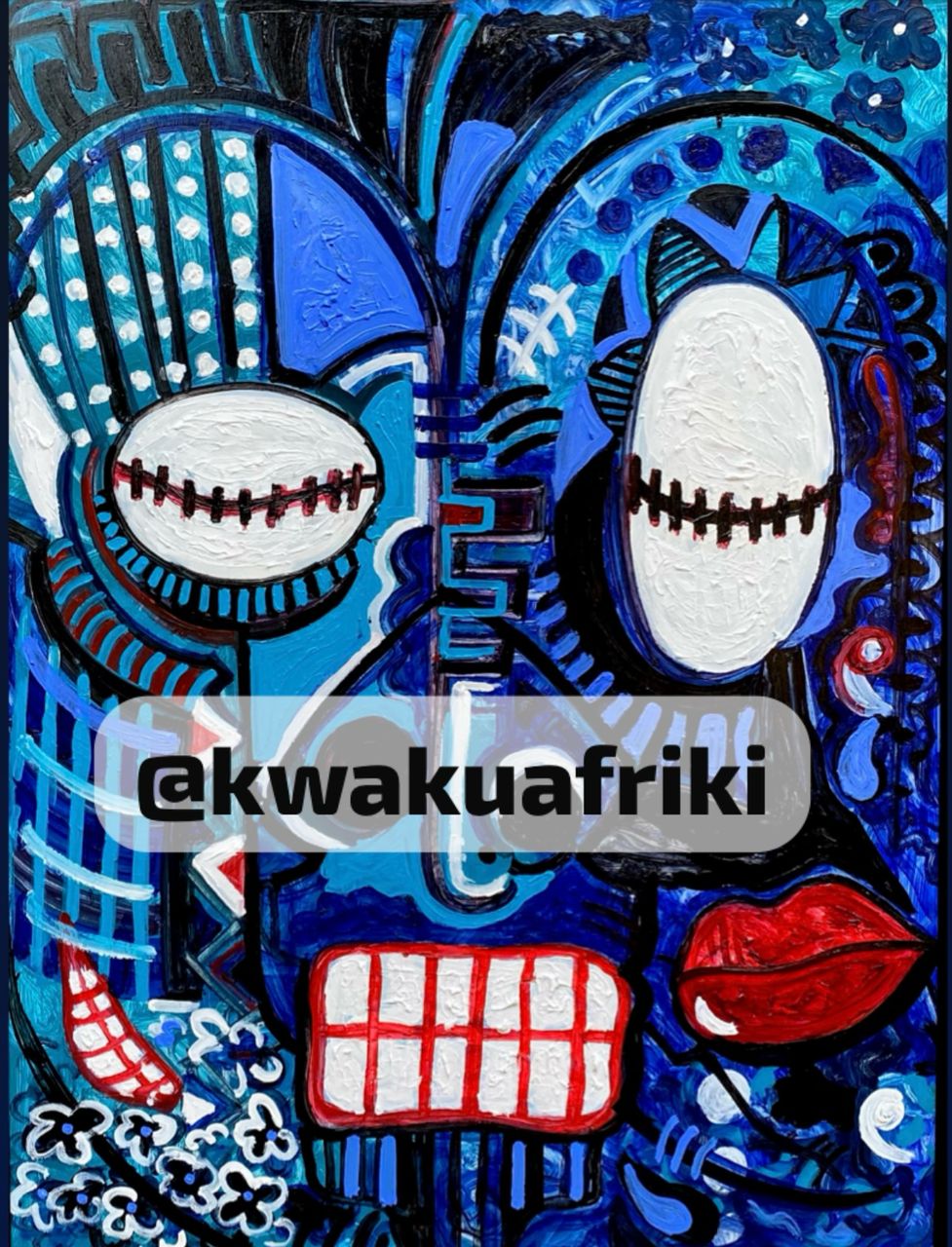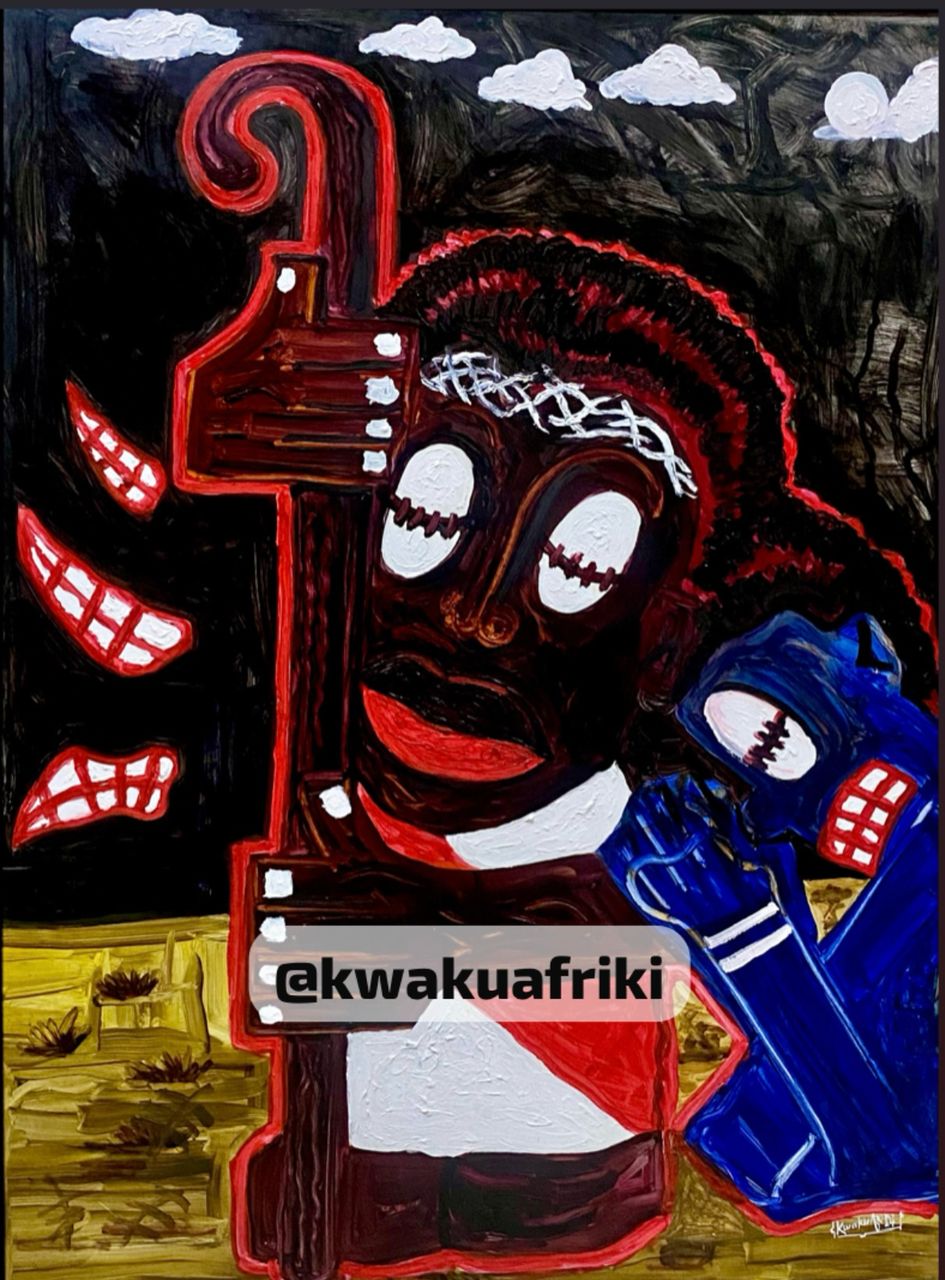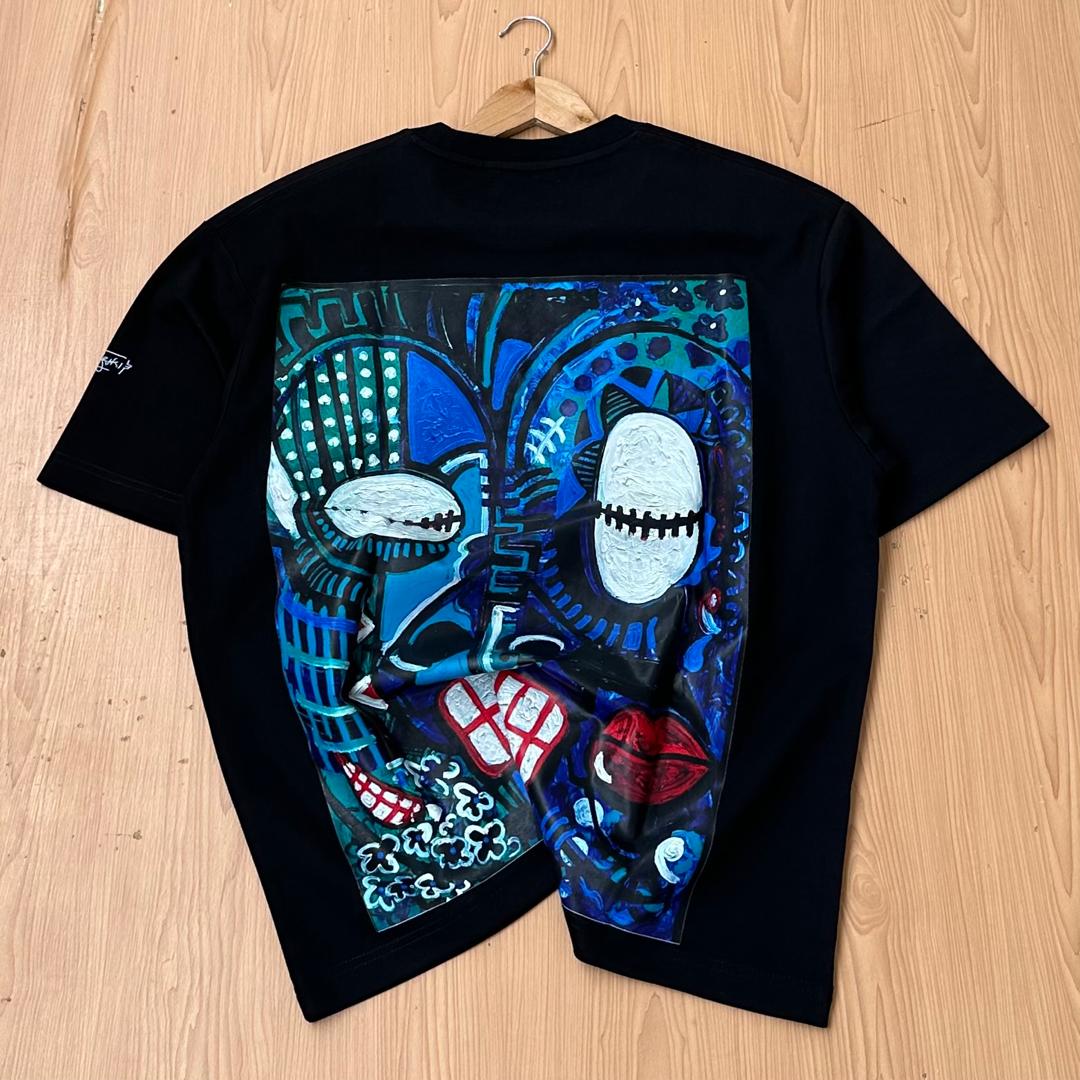
Craft & Heritage
This category opens the door to Ghana’s rich legacy of craftsmanship — a pillar of identity and generational storytelling.
• Kente weaving originates from the Ashanti and Ewe communities and is more than just fabric; each color and pattern carries historical and philosophical meaning. You’ll not only weave cloth but also understand the proverbs they symbolize.
• Bead making introduces you to centuries-old techniques from Krobo artisans, where beads represent social status, healing, and spirituality. You’ll design beads using traditional glassmaking methods and learn their roles in festivals, puberty rites, and royalty.
• Pottery, widespread in Ghanaian villages like Vume, reveals utilitarian and spiritual aspects of community life. From shaping cooking pots to ritual vessels, you’ll work with clay using time-honored hand-building methods and fire it using indigenous kilns.
This workshop doesn’t just teach craft — it connects participants to the stories, values, and symbols etched into every artifact.
Music & Dance
Ghanaian music and dance are vibrant expressions of history, spirituality, and community rhythm.
• Drumming isn’t merely entertainment — it’s a language. From the talking drum’s mimicking of human speech to the djembe’s call-and-response beats, you’ll learn how rhythms communicate praise, warning, and celebration. Each rhythm has a purpose — for funerals, initiations, farming, or storytelling.
• Traditional dances such as Adowa (Ashanti), Kpanlogo (Ga), and Agbadza (Ewe) are performed at weddings, festivals, and ceremonies. Learn the movements, attire, and rituals associated with these dances and their deep-rooted connections to cultural values like honor, courage, and joy
This experience is rhythmic, expressive, and unifying — a full-body journey into Ghana’s soulful pulse.
Food & Culinary
Food is one of the most powerful ways to understand a culture — and Ghana’s culinary tradition is bold, layered, and proudly diverse.
•Learn to prepare iconic dishes like jollof rice, waakye, fufu with light soup, and banku with tilapia, guided by local cooks and market women.
•Discover spice blending, from suya seasoning to homemade shito, learning the traditional use of natural flavorings like prekese, dawadawa, and cloves.
•You’ll also visit local markets, learn traditional cooking methods (like clay-pot cooking over wood fires), and dine communally as Ghanaians do — sharing meals and stories
This workshop is hands-on, aromatic, and deeply rooted in Ghanaian hospitality and family values.
Fashion & Design
Ghanaian fashion is storytelling stitched into fabric, from pre-colonial to contemporary influences.
• Tie & dye (also known as batik) is a fun, artistic process involving wax prints, dyes, and stamps — resulting in colorful fabrics full of symbolism. You’ll design your own patterns using traditional Adinkra stamps, each representing ideas like unity, bravery, or peace.
• Batakari making, particularly in northern Ghana, involves hand-woven strips sewn into warrior smocks. You’ll explore the tailoring process and cultural significance — often worn by chiefs, spiritual leaders, and performers.
This workshop offers a fusion of self-expression, cultural preservation, and hands-on fashion design rooted in African pride.
Culture & Wellness
This workshop connects participants to Ghana’s intangible heritage — oral wisdom and holistic healing.
• Storytelling (Anansesem) is a deeply embedded oral tradition, often passed down by griots or elders. You’ll hear folklore like Ananse the Spider, rich in moral lessons, and learn how stories shaped values and education before modern schools.
• Herbal medicine is a revered practice in both urban and rural areas. Learn how local plants like neem, hibiscus, and moringa are used in traditional remedies — from tonics to topical treatments — and the spiritual practices tied to their use.
This session bridges the past and present, offering healing not just for the body but for cultural identity.
Village Immersions
This is a once-in-a-lifetime experience for travelers seeking deep, respectful cultural connection.
• Live for a day or more in a Ghanaian village, where you can participate in traditional ceremonies such as naming rites (outdooring), puberty rituals (Dipo), or harvest festivals (Homowo or Aboakyir).
• Engage in daily life — fetching water, preparing food, attending local schools or churches, farming, or even learning to play traditional games.
• Your presence is not passive — you’ll be welcomed, guided, and invited to contribute to community life.
These immersive experiences foster cultural appreciation, cross-cultural exchange, and a true sense of belonging.
Learn, Create, and Connect with Ghana’s Makers
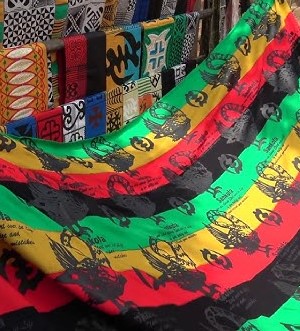
Ntonso Adinkra Craft Village
